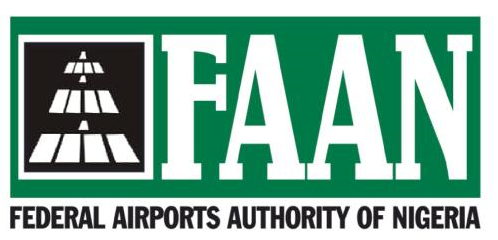Abuja – June 24, 2025 – The Federal Airports Authority of Nigeria (FAAN) has announced a significant shift in its operational procedures, revealing plans to increase tariffs across its airports and abolish cash payments at all service points as part of broader reforms aimed at enhancing transparency, efficiency, and revenue collection.
According to a statement issued by FAAN’s management, the upward review of tariffs is necessary to reflect current economic realities and support ongoing efforts to improve service delivery and infrastructure at Nigeria’s airports. The agency noted that the review was approved following consultations with stakeholders, including airlines, ground handlers, and concessionaires.
“This adjustment is in line with global aviation standards and the need to maintain and upgrade airport facilities,” the statement read. “Revenue generated will be reinvested in safety, technology, infrastructure, and customer experience enhancement.”
Beginning August 1, 2025, FAAN will roll out the revised tariff structure at all federal airports, including Lagos, Abuja, Port Harcourt, Kano, and Enugu. While the exact percentage of the increase was not disclosed, insiders suggest it will affect various service areas such as landing and parking fees, passenger service charges, and concession rentals.
In addition to the tariff hike, FAAN is set to discontinue all forms of cash transactions within its airport premises. Going forward, all payments for services—ranging from parking to access tolls and concessions—must be made via approved electronic channels including point-of-sale (POS) systems, bank transfers, and online platforms.
The agency cited persistent issues with leakages, accountability, and security risks associated with handling cash as reasons for the policy shift.
“The move to a fully cashless system is aimed at improving transparency, reducing fraud, and aligning our operations with international best practices,” FAAN stated.
The decision has drawn mixed reactions from stakeholders. While some have welcomed the reform as long overdue, others raised concerns over network reliability, payment infrastructure, and the potential burden on smaller vendors and travelers unfamiliar with digital payment systems.
In response, FAAN assured that it is working closely with technology partners and financial institutions to ensure a seamless transition. Training sessions for staff and vendors have already begun, and awareness campaigns targeting travelers will be launched ahead of the implementation date.
This latest reform comes amid FAAN’s renewed focus on digital transformation and financial sustainability in Nigeria’s aviation sector, which has struggled with rising operational costs, infrastructure deficits, and declining profitability.
As the agency pushes forward with its modernization agenda, industry watchers are hopeful that these measures will not only boost transparency but also restore public confidence in airport services and foster a more investor-friendly aviation environment.






